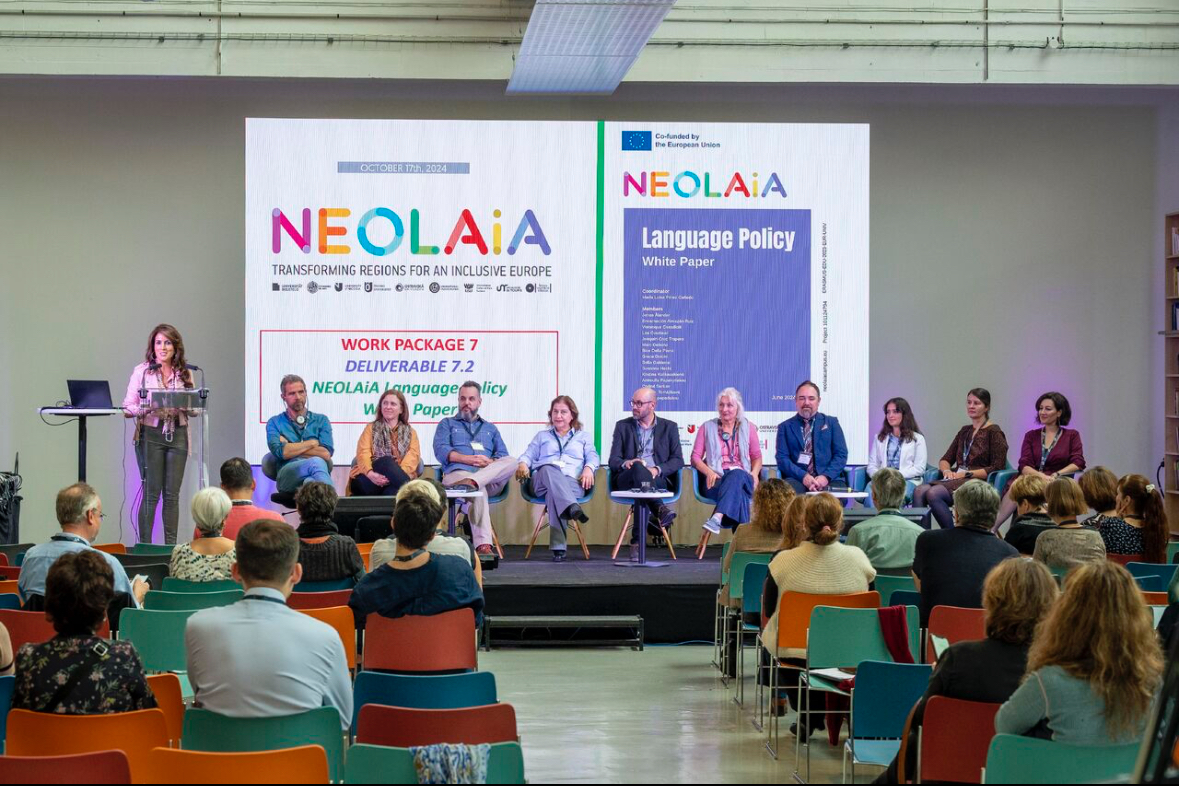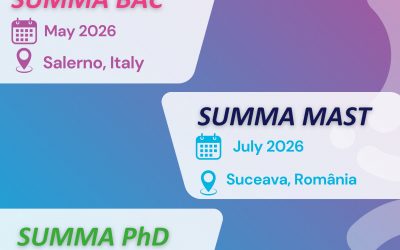The NEOLAiA White Paper on Language Policy marks a milestone for the future of European higher education. Developed within Work Package 7, the document identifies the key challenges of internationalization and outlines practical strategies to address them
The rapid growth of English as a Medium of Instruction (EMI) has consolidated English as the lingua franca of teaching and research. Yet, the White Paper stresses the need to counter excessive anglicization by actively fostering multilingualism and intercultural competences. In short, the European university of the future must speak many languages, not just one.
The document highlights eight major challenges: lack of official language policies, absence of consistent accreditation standards for lecturers, insufficient methodological training for EMI, lack of quality assurance frameworks, limited incentives, stakeholder resistance, barriers to international research, and the hegemonic role of English
To tackle these issues, the White Paper sets out an action plan built on three strategic pillars:
- Accreditation: common standards for linguistic and methodological competence across faculty, students, and administrative staff.
- Training: continuous professional development, tailored courses, and expanded mobility programmes.
- Incentives: financial support, academic recognition, and tools to promote multilingual engagement.
Before drafting the White Paper, each university within the alliance shared its own best practices. The University of Salerno (UNISA) contributed by providing information and initiatives such as its 87 courses taught in English, the work of the Centro Linguistico di Ateneo (CLA), and the actions foreseen in the Strategic Plan 2022–2025
The White Paper has since been translated into all the languages of the NEOLAiA partner universities and will be officially presented across each institution, including UNISA by the end of 2025.
Thus, the document is more than a technical roadmap: it is a collective mission statement, reflecting the commitment of NEOLAiA universities to build a European model that combines academic excellence, inclusion, and linguistic diversity.



